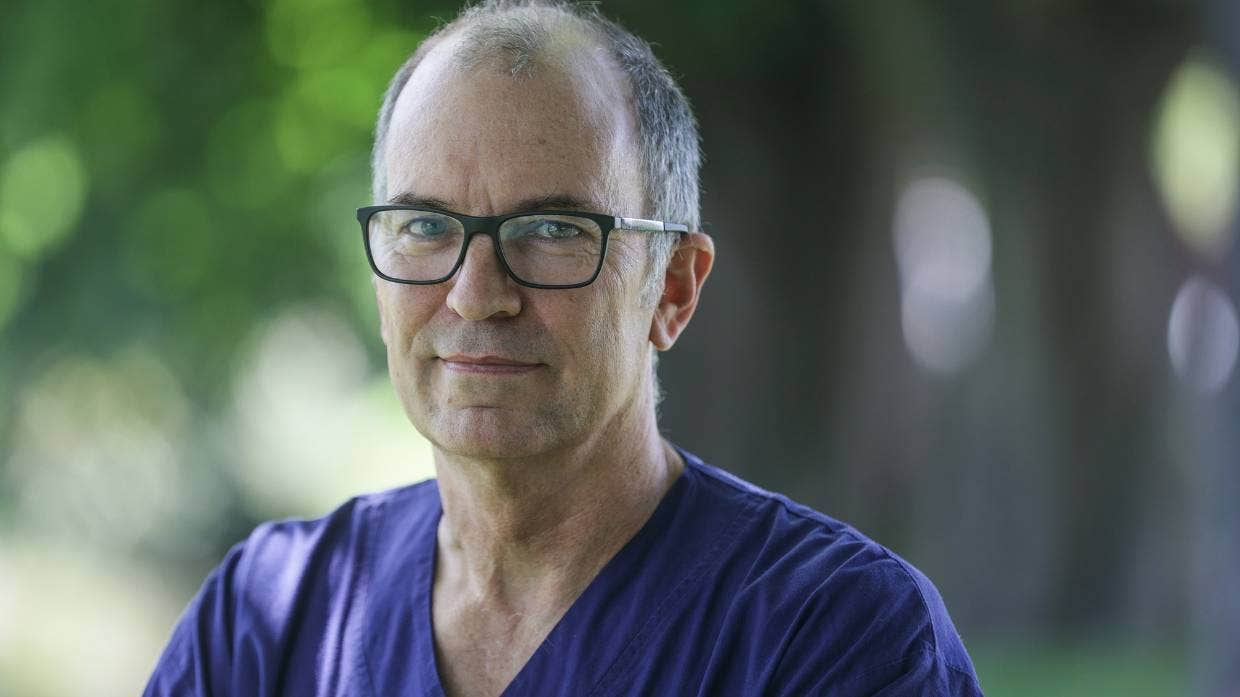WFSA President Dr Wayne Morriss talks to New Zealand news website Stuff about working in environments where safe surgery is not a given.
Original article published on Stuff, 4 January 2023:
Most of the world’s population don’t have access to safe anaesthesia and surgical care, an internationally renowned anaesthetist says.
Dr Wayne Morriss of Christchurch is the first New Zealand president of the World Federation of Societies of Anaesthesiologists (WFSA), a global organisation which represents about 300,000 clinicians.
He tells senior health reporter Rachel Thomas what it’s like working in environments where safe surgery is not a given and how he’s working to change that.
As patients in New Zealand, we go into hospitals and expect safe hospitals and safe staffing. But you’ve seen that’s not the case everywhere.
Correct. The reality for about 75% of the world’s population is that sort of level of healthcare is not available, and that includes access to safe anaesthesia and surgical care.
A study called The Lancet Commission on Global Surgery that was published in 2015 found that 5 billion out of the world’s 7 billion population at that time didn’t have access to safe anaesthesia and surgical care. I think that’s a pretty shocking statistic. We’re talking about access to life-saving, emergency and essential surgeries such as caesarean sections and treatment of surgical emergencies like appendicitis.
In many parts of the world, access to anaesthesia for caesarean section is actually pretty limited. We know that when women get a C-section, there can be a very high mortality, and about 99% of deaths during childbirth happen in lower resourced countries.
Speaking of unsafe, you have worked in hospitals overseas under martial law, what was that like?
My family and I moved to Fiji in April 2000, and about five weeks after we arrived the country experienced a coup where the government was held hostage for a couple of months. About six months after that there was a mutiny at the main military barracks … it was just like a crash course in working in an environment that was really under pressure. I guess it cemented my interest in what it’s like to provide the best possible healthcare when resources are short.
I think in that six-months period after the coup, there was something like 72 coup-related deaths. The mutiny in November 2000 resulted in quite a few soldiers coming in with gunshot wounds.

You’ve also worked at a surgical camp in remote western Nepal with the International Nepal Fellowship. What was that like?
That was in 2012.It took a plane flight and then 15 hours in a Jeep to get to a village called Mangalsen. And we spent 10 days there seeing patients … We were in a converted school, so it wasn’t a hospital.
The local radio advertised this group was coming and so patients walked for days … some with large kidney stones [and] haemorrhoids, which were really affecting patients’ lives. Some people required gallbladder operations. Some people had large hernias.
Walking for days with haemorrhoids or kidney stones sounds like hell.
Yeah, I suppose it’s on the background of years of living with these conditions, and you know, very limited opportunities to get health care.

What are some of the difficulties of providing life-saving care in an environment that’s unstable, including a war environment like Ukraine?
The Ukrainian Society is a member of [the WFSA] … and anaesthesiologists are playing a really important role in operative care, resuscitation, critical care and pain management. The other thing that comes through is just how they’re having to deal with all those infrastructure issues because Russia is targeting infrastructure, so they work and live without proper lighting and heating.

The other thing is just how psychologically traumatic [it is] to be dealing with victims of war and violence. I mean, we saw the impact of that when we had the mosque shootings here. It’s really tough dealing with war victims, because they are young, they often have terrible injuries and have to have horrible procedures like amputations and some die.
These guys [in Ukraine] are dealing with the injured people, but there’s also all the ongoing surgical load as well – the critical care load, the women needing caesarean sections, people that have broken bones and other surgical emergencies. And I guess that’s the thing that people often don’t think about in many disasters around the world.
What goes through your head when you do meet someone who’s been a victim of some sort of needless violence like you describe?
I think for most of us though, we become quite task focused. We look at the patient in front of us. We often don’t think too much about history and think about what needs to be done from a resuscitation point of view from an airway, breathing, circulation point of view. And, you know, we fall back on our experience and expertise to look after the patient in the best possible way.
Article originally published in www.stuff.co.nz, Jan 04 2023.
Author: Rachel Thomas






